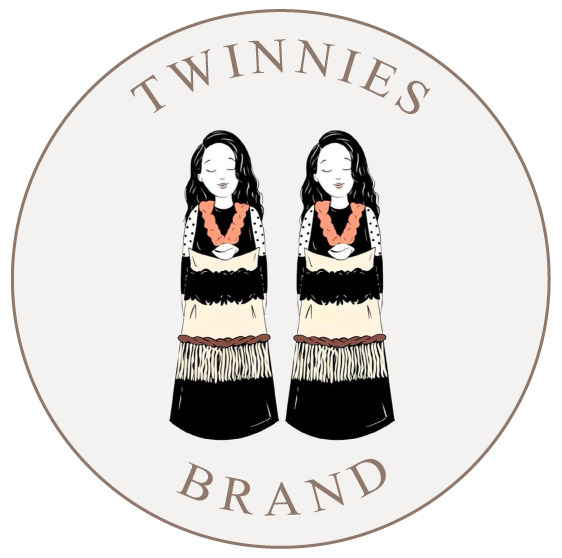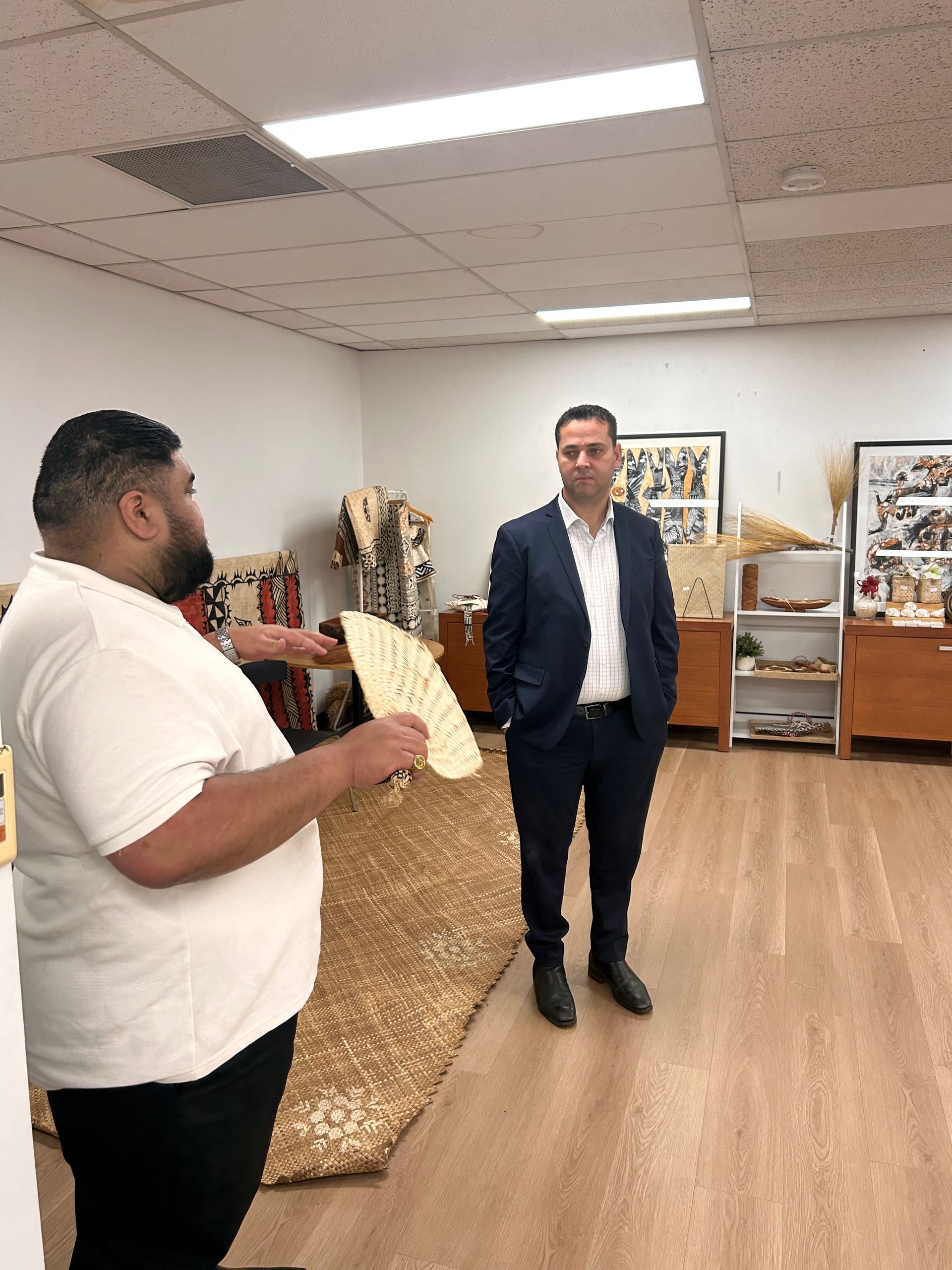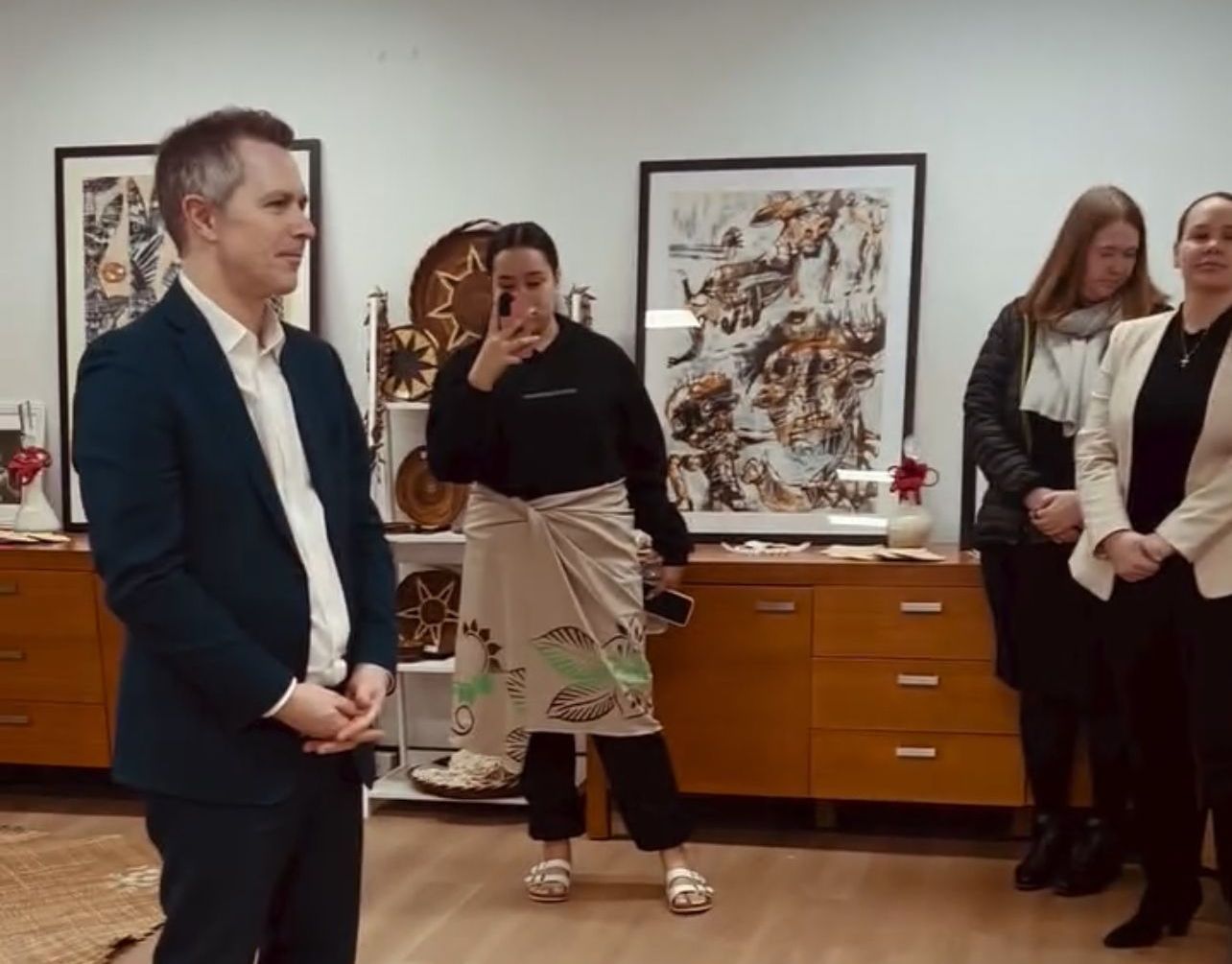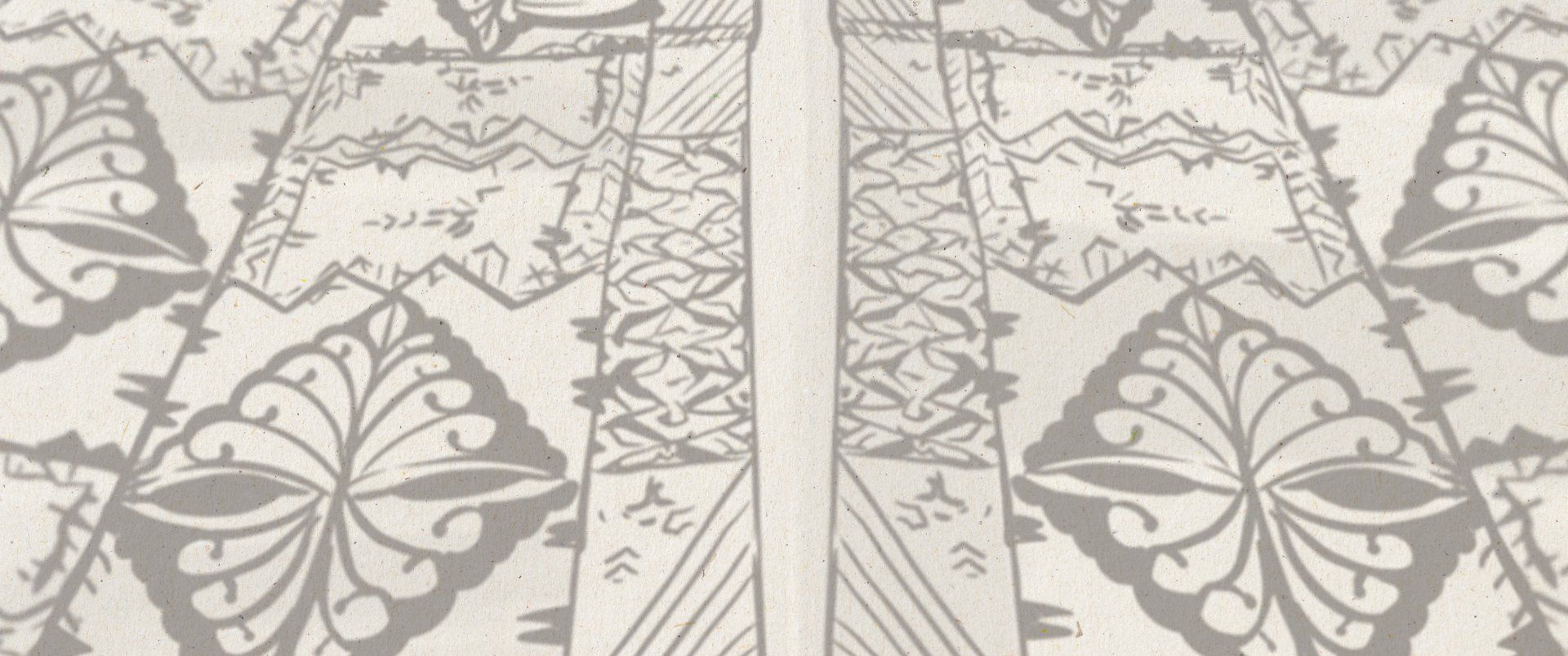The Tongan Cutting of the Hair: Cultural Relativism and Biblical Interpretation.
CULTURAL RELATIVISM: BIBLICAL TEACHINGS: TONGAN CUTTING OF THE HAIR TO HONOUR THE DECEASED AND THE FAHU AT A TONGAN FUNERAL & BIBLICAL TEACHING.
The cutting of the hair during the “maumau” ceremony of a Tongan funeral is commonly done by the children and those lower in rank to the deceased. The norm with the cutting of the hair, those lower in rank to the deceased (liongi) will have a headpiece (tekiteki) of money and will line up to the paternal aunt (fahu) to take off their headpiece (tekiteki) and cut their hair. The cutting of the hair is honouring the deceased for the hair one of the woman’s attributes of honour.
In response to our post of the illustration of the cutting of the hair, an open-hearted dear friend sent this:
“I remember looking into this practice and discovering how so many ancient cultures and religions around the world (Aboriginal, China, India, Native American, Pasifika, Rome) practiced hair cutting as a symbol of respect and mourning for a dead loved one. I was motivated to search it up after reading in the Bible at Deuteronomy 14:1,2 that God regarded this practice as unholy and an inappropriate display of mourning. Being lover of knowledge yourself, I thought you might appreciate this information”.
We value feedback as such as it encourages further seeking to build knowledge. This is our response:
Deuteronomy 14:1:2 “You are the children of Lord God. Do not cut yourselves or shave the front of your heads for the dead for you are a people holy to the LORD your God”
Depending on which version of the English Bible you read, references to which part of the hair on the head is cut differs. For instance:
· the New International Version states: “shave the front of your heads” or
· the King James Version states: “nor make any baldness between your eyes for the dead”.
The cutting of the hair at a Tongan funeral is neither “shaving from the front of the head” nor “shaving between the eyebrows”. Rather the cutting of the hair at a Tongan funeral is done to the grown hair hanging at the back of the head.
Commonly, the cutting of hair at a Tongan funeral, is done to the hair of the women, children of and those lower in rank to the deceased. The hair is one of the Tongan woman’s attributes of honour so in the case of a Tongan funeral, the women children of the deceased and the kau liongi cut parts of their long hair honouring their blood connection to the deceased.
The attributing of woman’s hair is equally reflected in the Bible. The story of the deemed sinful woman who carefully selected her most prized attribute as a woman, her long hair to wash Jesus’s feet with (Luke 7:36-50, New Century Version). She could have easily used her clothing to do the task, but she judiciously selected her most treasured attribute as a woman to effectuate the most important deed of her lifetime in wiping the feet of the only son of Jehova – her long hair.
The practices of cutting of the hair from the forehead, boldness and/or between the eyebrows named in this verse put to us, were common practices among the pagan, and was forbidden, not only because such wild excesses of grief (compare 1 Kings 18:28) would be inconsistent in those who as children of a heavenly Father had prospects beyond this world, but also because these usages themselves arose out of idolatrous notions.
The Jews were forbidden to indulge in the mutilations and disfigurements that characterized pagan funeral customs. As a people who, like their distinguished ancestor, "looked for the city that hath the foundations," it was altogether unbecoming that they should indulge the wild excesses of the pagans. Moreover, the body itself was "holy unto Jehovah" and it was not appropriate to disfigure and mutilate the body. Thus, such customs so closely allied to paganism were forbidden to Israel in the same Spirit that commands Christians "to avoid the very appearance of evil".
The cutting of the hair in the Tongan funeral is far from any indulgence in any body mutilations and disfigurements nor is it done to “worship” the dead nor the pagan old gods in the slightest. Very far from it.
Rather, it is the custom ritual of symbolising loving memories, lamenting the life that has passed and honouring the closely knitted values of keeping of relations (tauhi vaha’a), respect (faka’apa’apa), humility (lototō) and reciprocity of relations (tauhi vaha’a), values the Bible encourages deem us to adhere to daily.
Twinnies.






